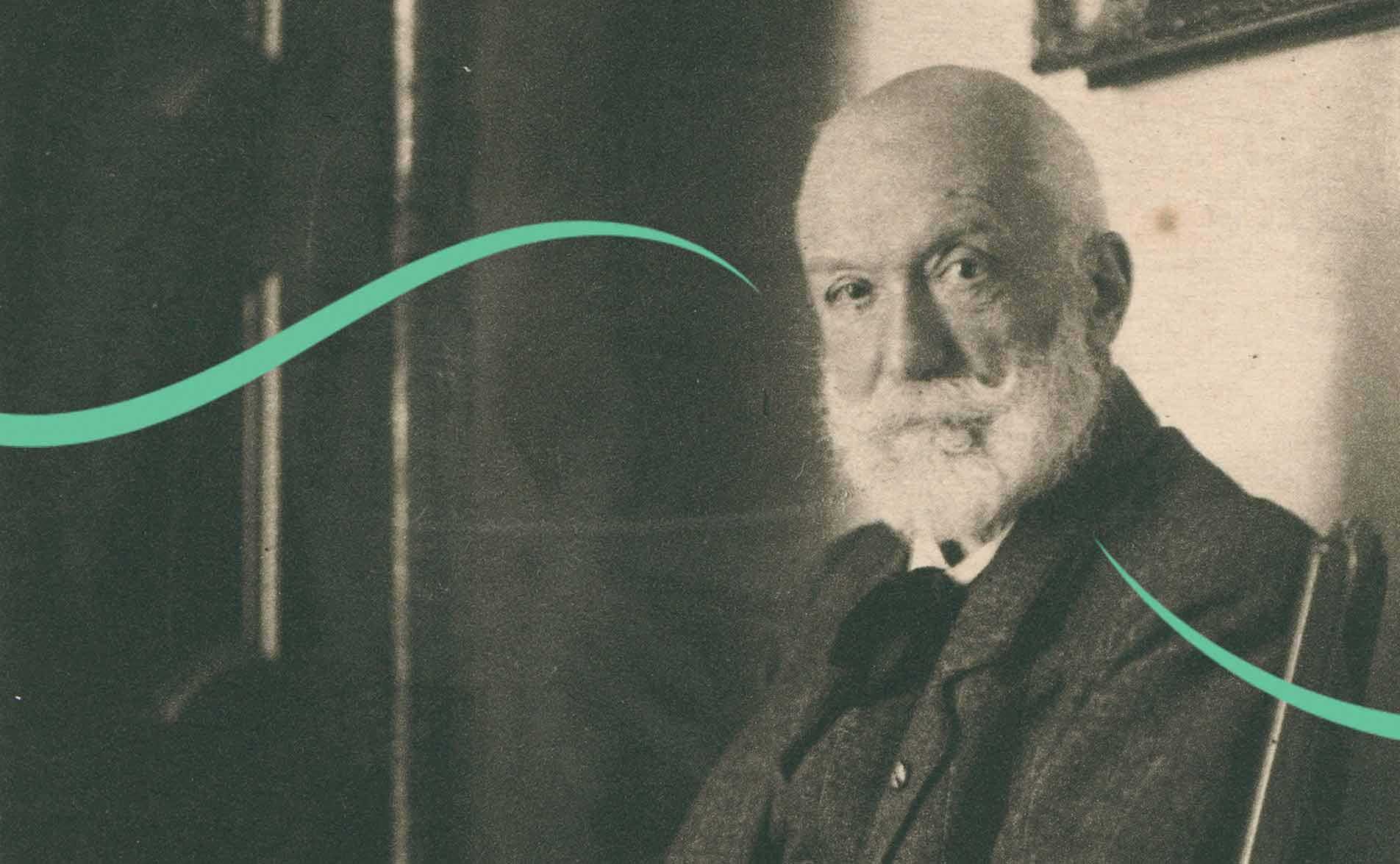In a world increasingly defined by the complexities of modernity, one might ponder: How can the wisdom of the past navigate the tumult of our contemporary existence? This query often invokes the legacies of great thinkers, particularly those from the Enlightenment period, such as Montesquieu, whose profound explorations of political philosophy resonate even today. When intertwined with the teachings of ‘Abdu’l-Bahá, the son of Bahá’u’lláh and the appointed leader of the Bahá’í Faith, a remarkable tapestry emerges, one that intertwines threads of reason, morality, and spirituality across epochs.
The Enlightenment era, emerging in Europe during the 17th and 18th centuries, heralded a transformative shift in human thought. Philosophers of this period, including Montesquieu, championed the ideals of individual liberty, the separation of powers, and democratic governance. Montesquieu, renowned for his seminal work “The Spirit of the Laws,” introduced innovative concepts regarding the essence of government and societal structure. His assertions concerning the necessity of a checks and balances system have become foundational principles in numerous democratic societies. By analyzing the virtues and vices of various governmental forms, he laid the groundwork for future philosophers and political theorists, arguing for a system in which power is not concentrated but diffused.
‘Abdu’l-Bahá, while operating in a profoundly different context, articulately echoes and expands upon these Enlightenment ideals. Living at the turn of the 20th century, he confronted the challenges of religious and nationalistic strife, fostering a vision of universal peace and harmony that transcends the limitations of his time. His teachings emphasize the unification of humanity, the imperative of justice, and the role of education in shaping moral character. ‘Abdu’l-Bahá’s discourse offers a complementary perspective to Montesquieu’s rationalism, positing that true enlightenment is not only a product of intellectual achievement but also a manifestation of spiritual awareness and ethical responsibility.
As we juxtapose these two intellectual giants, we must explore the intersections of their thoughts. Montesquieu’s reflections on government draw upon an empirical understanding of human nature and societal dynamics. He contends that laws must be adapted to the cultural and geographic contexts from whence they emerge. This relativistic viewpoint aligns with ‘Abdu’l-Bahá’s assertion that cultural differences should be regarded as enriching rather than divisive, underscoring his advocacy for a global civilization wherein diversity is celebrated as a hallmark of humanity’s collective growth.
However, this synthesis of Enlightenment thought and Bahá’í principles does pose a challenge: Can modern societies genuinely implement these ideals in a cohesive manner? In addressing this question, it is vital to recognize that while both thinkers advocate for rational governance and ethical principles, the application of their teachings in contemporary political frameworks necessitates a paradigm shift. This shift must transcend mere theoretical discourse; it must permeate the very fabric of governance, leveraging policies that cultivate inclusivity and social justice.
The Bahá’í teachings, articulated by ‘Abdu’l-Bahá, assert that the foundation for a just society rests upon education, unity, and the elimination of prejudice. He implores humanity to cultivate virtues such as compassion and kindness, essential for establishing a harmonious social order. In this context, the lessons drawn from Montesquieu’s work serve to augment Bahá’í ideals by illustrating how democratic structures can better facilitate collective growth, particularly in promoting the welfare of marginalized communities. Moreover, Montesquieu’s emphasis on accountability within governance resonates profoundly with Bahá’í calls for moral leadership and collective responsibility.
Thus emerges a compelling outlook: the Enlightenment’s emphasis on rational inquiry and Montesquieu’s political philosophy can productively intersect with the Bahá’í teachings delivered by ‘Abdu’l-Bahá. This convergence not only emboldens the call for justice and unity but also posits that enlightenment, in its most profound sense, is the seamless integration of reason with a heartfelt commitment to the welfare of all humanity.
Yet, the journey towards actualizing these ideals remains fraught with complexities. Modern societies grapple with entrenched divisions, ideological polarization, and a pervasive sense of disillusionment. Consequently, there exists an urgent need for a collective reevaluation of our political and social systems, guided by the wisdom inherent in both Montesquieu’s and ‘Abdu’l-Bahá’s teachings. The challenge lies in cultivating an environment that prioritizes critical thinking, empathy, and ethical engagement—a formidable task in a world often mired in conflict and competing interests.
In conclusion, the intellectual legacies of Montesquieu and ‘Abdu’l-Bahá illuminate pathways toward a more enlightened world. Their teachings beckon an exploration of agency within our communities, encouraging a collective dedication to jettisoning divisions and fostering unity. By intertwining the rational insights of the Enlightenment with the spiritual imperatives of the Bahá’í Faith, humanity can glean a multifaceted approach to enlightenment—one that transcends centuries, striving for a social order that is just, equitable, and reflective of our highest aspirations. Ultimately, the call to integrate the wisdom of the past into the fabric of our present dialogues is not merely an academic exercise; it is an essential endeavor toward crafting a future resonant with hope and collective upliftment.
